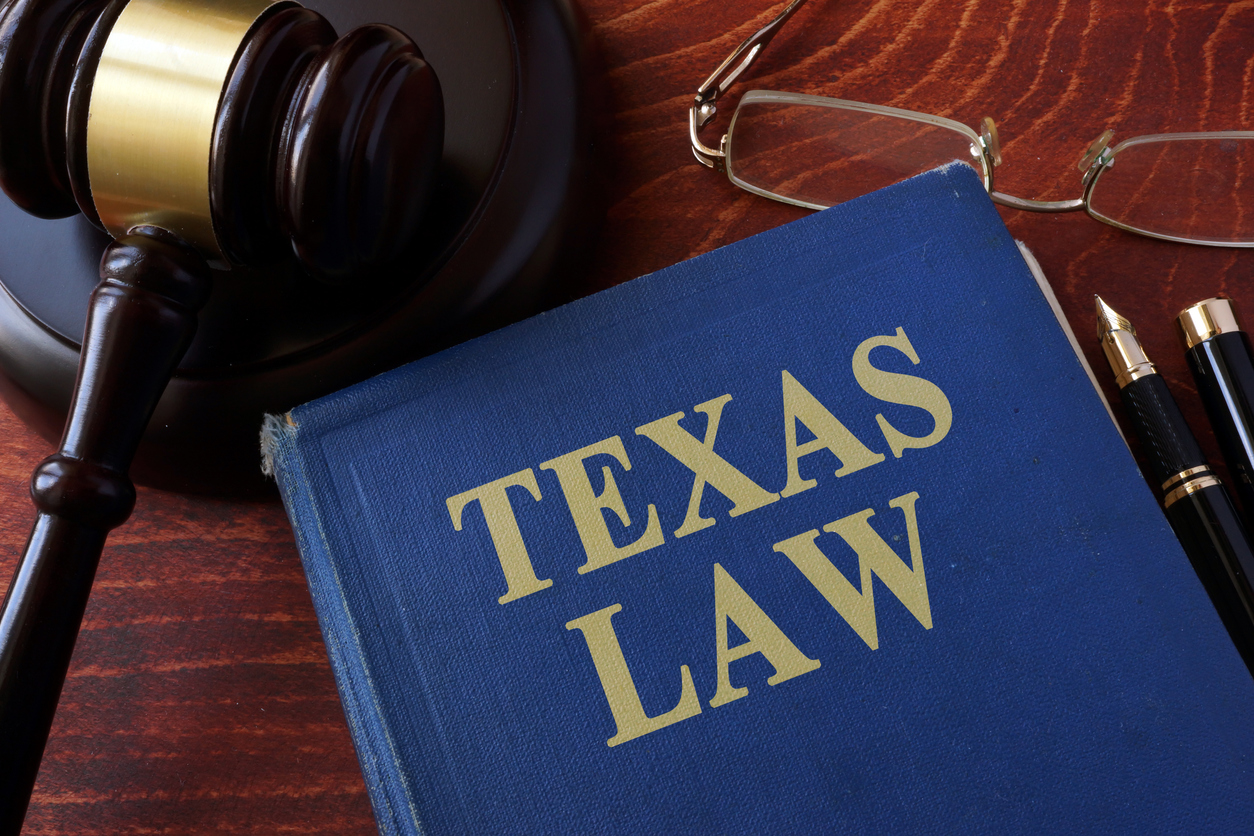Insurance company attorney Karl Schulz wrote an excellent and quick read, What Public Insurance Adjusters Can and Cannot Do Under Texas Law, 1 about basic public adjuster rules and regulations that apply to Texas public adjusters. My suggestion is that all Texas public adjusters take a few minutes to refresh their knowledge of the rules by reading Schulz’s article.
His paper begins with some basic points. Being so basic, some readers could wrongly conclude how much influence “sponsorship” law firms have with NAPIA. It is almost like the paper is trying to be silent about what “sponsorship” means. Of course, being very skeptical of my opponents representing insurers, it could be to set up future arguments for Cozen O’Connor and other defense firms to use for their insurer clients, suggesting that attorneys are running NAPIA or the regional Texas Association of Public Insurance Adjusters. For defense attorneys and others reading the article, I would suggest that the army of insurance defense attorneys flooding the PLRB conferences does not mean that the insurance defense bar is running or paying for the PLRB—or are you now doing so?
A public adjuster represents an insured in connection with insurance claims, generally on a contingency fee basis in an agency relationship. According to the National Association of Public Insurance Adjusters (‘NAPIA’), ‘a public adjuster inspects the loss site immediately, analyzes the damages, assembles claim support data, reviews the insured’s coverage, determines current replacement costs and exclusively serves the client, not the insurance company.’ Public adjusters usually pitch their services as a way to level the playing field in a ‘David versus Goliath’ fight against unfair, cheating insurance companies. NAPIA is sponsored by well-known policyholder law firms, who make the same pitch. As discussed herein, there is often interplay between public adjusters and policyholder attorneys, and the Texas Legislature has recently increased regulation of both.
Public adjusters should carefully read the “do nots” of this paper. Nobody enjoys being told what they cannot do. Americans, by our very nature, tend to resist any governmental restrictions. Yet, Schulz points out in detail the law on many points that everybody having a public adjuster license must follow to abide by the license requirements.
Again, this is an easy-to-read paper from Steve Badger’s partner. The fact that an insurance company attorney may write it does not mean it is not worthwhile for practicing Texas public adjusters to consider.
An Afternoon Thought
Theodore Roosevelt: “No man is above the law and no man below it; nor do we ask any man’s permission when we require him to obey it.”
1 Karl A. Schulz, What Public Insurance Adjusters Can and Cannot Do Under Texas Law, Journal of Consumer and Commercial Law (Fall 2020).




